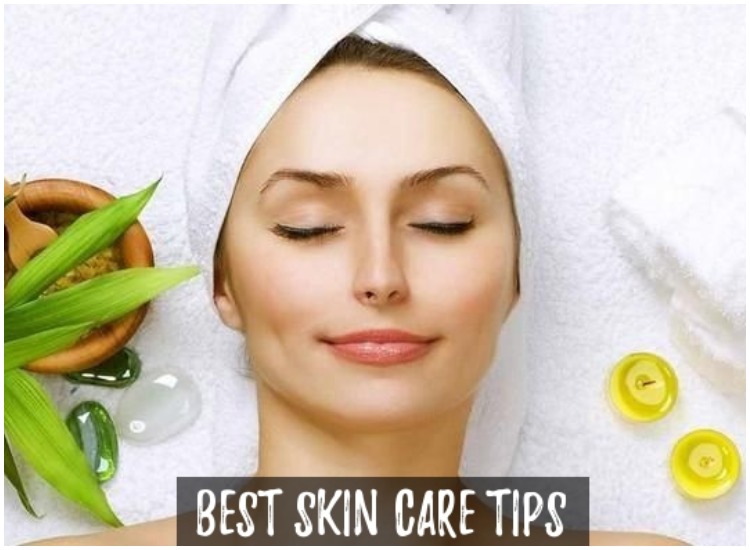Everything You've Ever Wanted To Know About Beauty And Skin Care
Beauty and skin care can be confusing! What’s good for your hair may not be good for your skin, and vice versa. And if you’re trying to get specific results, like thicker hair or clearer skin, it can seem like there are a million different products you could use – how do you know which to choose? A common misconception about beauty and skin care is that the more you spend on these products, the better they are. This isn’t necessarily true!
The type of skincare products you should use
There are many myths when it comes to what products you should use for your skin. It can be hard to know where to start, but don’t worry! We’ve got your back. In today’s post, we will be covering everything you’ve ever wanted to know about skincare products. Whether you want a natural glow or are looking for makeup tips, we have all of the information you need right here. Check out our infographic on product recommendations below!
The types of products you need in your routine
All skin is unique, which means there’s no one-size-fits-all solution for keeping it healthy. The first step in knowing how to take care of your skin is figuring out what type you have. Use our quiz below to assess your skin type, then go from there with product recommendations! If you have oily or combination skin, try switching up your cleanser and using a cooling toner that can help keep those breakouts at bay.
Ways to save on your skincare routine
For those with sensitive skin or a budget, finding effective skincare products can be a challenge. But there are many ways to save on your skincare routine. While store brands aren’t always comparable in quality, they usually have similar active ingredients at a fraction of the cost of leading brands. Using different cleansers, moisturizers, masks and scrubs also gives you more bang for your buck—each product tackles different skin care needs so you don’t have to waste money paying for what you don’t need.
When to see a dermatologist
If you’re concerned about a particular skin condition, see a dermatologist. Not only will they be able to tell you what it is and whether there’s anything that can be done about it, but they’ll also likely have recommendations for treatment options if required. Also speak with a dermatologist if you have acne or other skin conditions that aren’t responding well to over-the-counter treatments. Many people find it helpful to bring in photos of their skin (along with any other documentation) when they see a dermatologist as well. If a dermatologist recommends certain lifestyle changes, like quitting smoking or reducing stress, then do them—because they can go a long way toward improving your skin (and your overall health).
Tips for avoiding signs of aging
The sun isn’t just your skin’s worst enemy, it can also cause acne flare-ups. Make sure you always wear a broad-spectrum sunscreen with SPF of 30 or higher if you plan on being outside for more than 20 minutes at a time. Even if you have oily skin, which doesn’t require as much moisturizing as other types, it is still important to apply a facial moisturizer that has SPF in it to help prevent sun damage from accelerating your aging process even further. Also, don’t forget about protecting those areas typically covered by clothes such as ears, hands and lips with sunscreen so they don’t suffer premature signs of aging either.
A guide on what ingredients in skincare products mean
The ingredient label on beauty products can be quite confusing. There are so many different ingredients with so many letters in their name that most of us don’t even try to read them. But if you really care about your skin and want to keep it healthy, you should educate yourself on these ingredients. Knowing what they are will help you make smart decisions when shopping for skincare products. The better you understand those ingredients, the more likely you’ll find quality products that won’t irritate your skin or cause breakouts—and sometimes even treat skin conditions like eczema or psoriasis.
Preventing acne as an adult
Acne can affect adults just as much as teenagers, especially those of us who suffer from hormone-related acne. Hormone-related acne is caused by fluctuating hormones that occur during your menstrual cycle. Stress and diet also have a huge impact on your skin so if you’re struggling with adult acne it may be wise to treat both your body and mind to balance things out. Diet can be affected through healthy eating—but even more drastically through cleansing. Cleansing diets often include juice fasts or diet shakes that help rebalance acidity levels in our bodies. Since stress affects our overall health, it’s important not only to reduce but eliminate stress when possible by changing behaviors that are causing stress or practicing stress reduction techniques such as meditation or yoga.

Comments
Post a Comment